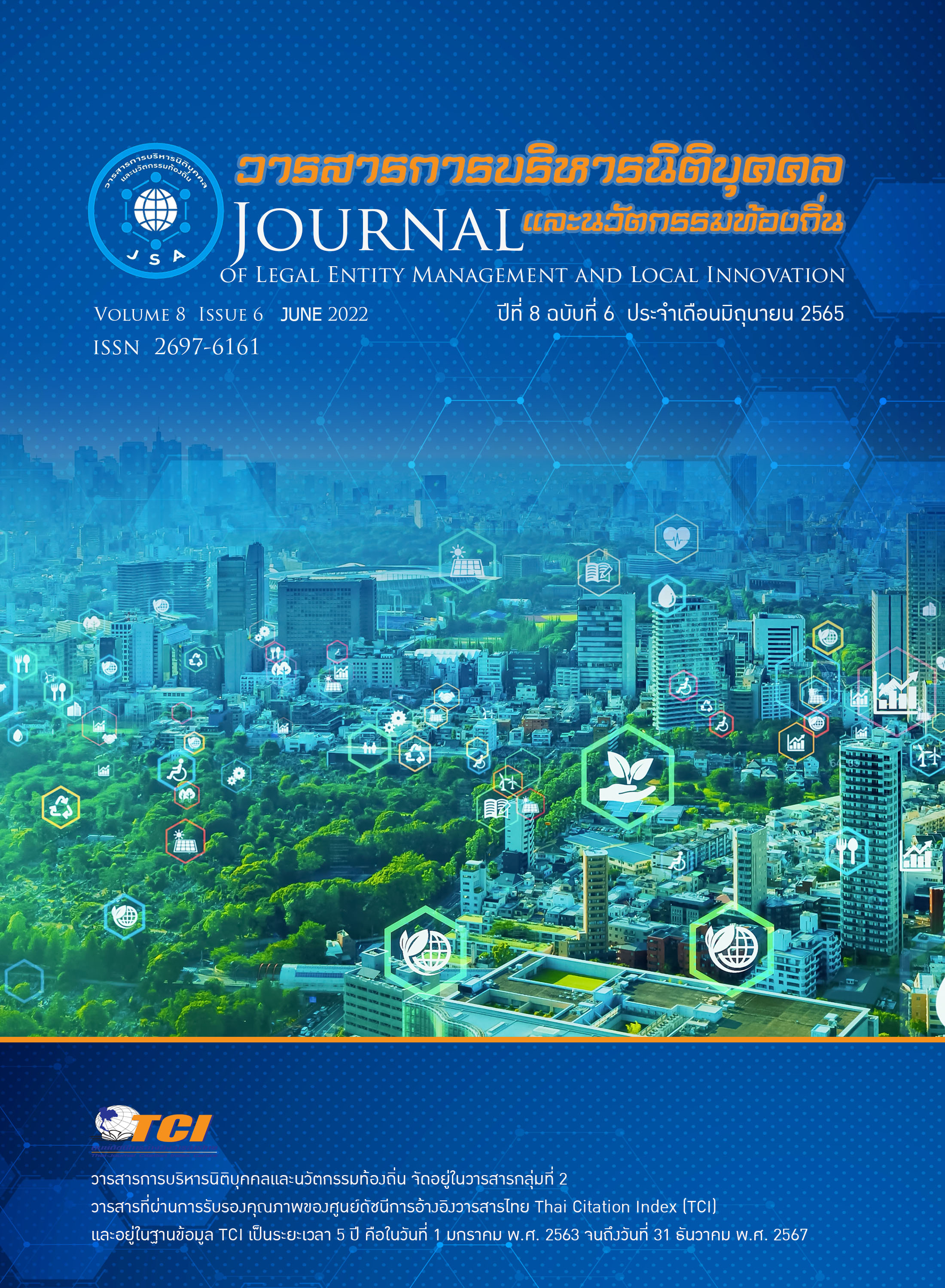The Development of the Analytical Thinking Test Through Mathematical Problem-Solving Processes
Keywords:
The analytical thinking test, Mathematical problem-solving processesAbstract
The objectives of this research were to construct and to find the quality of the analytical thinking test through mathematical problem-solving processes. The sample group of this research consisted of 76 fourth to sixth grade students at Wat Bang Sai school, Mueang district, Phitsanulok in the academic year 2020 using simple random sampling. The research instrument was the analytical thinking test through mathematical problem-solving processes for the fourth to sixth grade students on addition, subtraction, multiplication, and division of numerals and zeros. The data analysis used in this research was Microsoft Excel for Windows program, Package program, and GENOVA program. The results showed that: 1.The result from creating the analytical thinking test through mathematical problem-solving processes, the researcher created 3 items of the analytical thinking test through mathematical problem-solving processes which consisted of mathematical problem-solving process in 4 steps: 1) problem understanding, 2) problem planning, 3) implementing the plan, and 4) checking. The indicators also included analytical thinking components in 3 aspects: 3 items of significance analysis, 12 items of correlation analysis, and 3 items of principle analysis, 18 items in total. 2. The result from finding the quality of the analytical thinking test through mathematical problem-solving processes, the Index of item objective congruence (IOC) for each item was 1.00. When considering each item, the quality of the test showed the item difficulty from 0.45 - 0.87, and the item discrimination from 0.21 – 0.93 in all 18 items. The whole test reliability was 0.76 and the result from developing Scoring Rubrics found that the consistency of the ratings from 3 experts had the generalizability coefficient (G–Coefficient) of 0.76.


